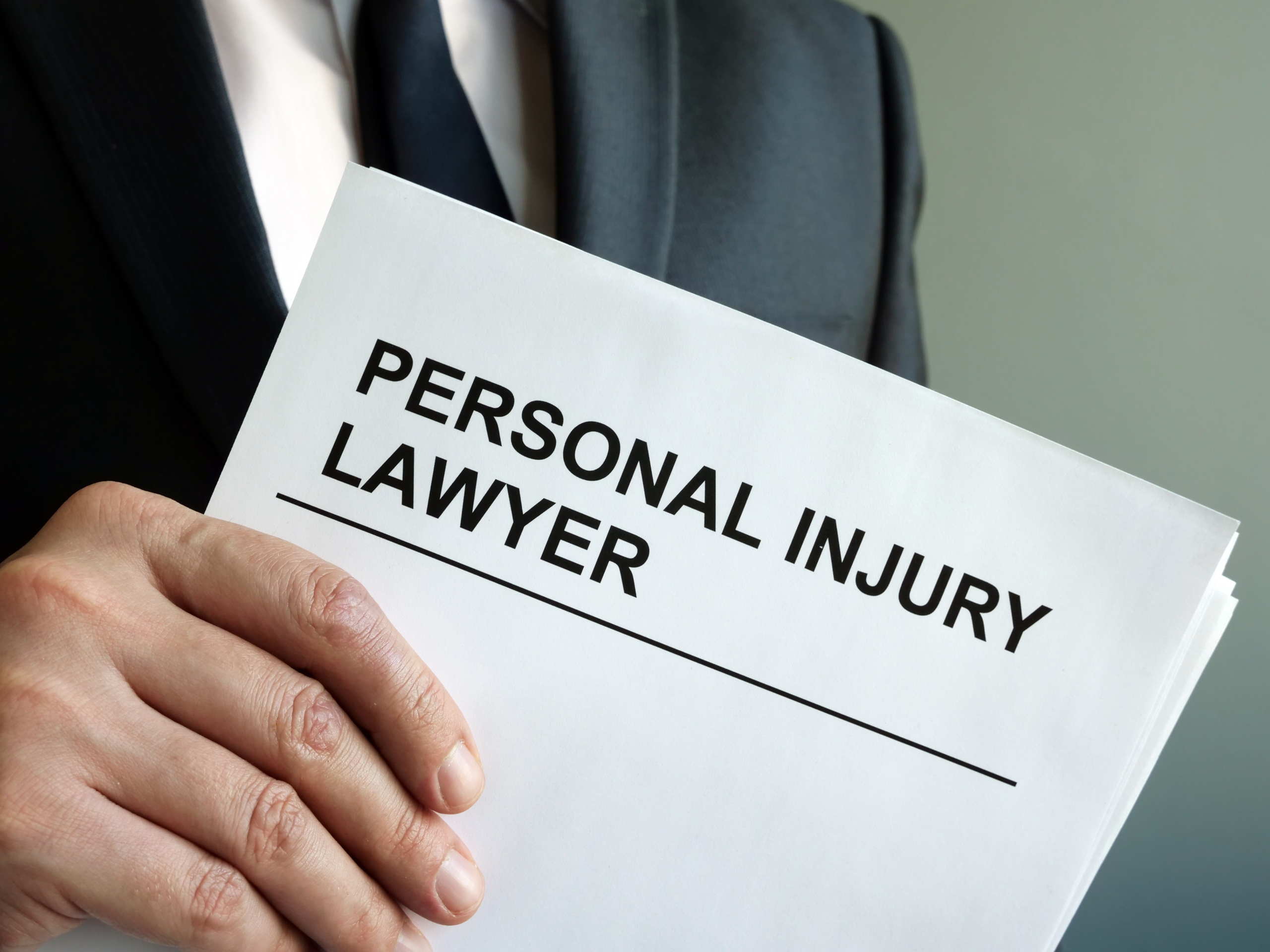Now Reading: 4 Best Tips When Hiring A Personal Injury Lawyer for Your Case
-
01
4 Best Tips When Hiring A Personal Injury Lawyer for Your Case

4 Best Tips When Hiring A Personal Injury Lawyer for Your Case
Credentials, previous customer reviews, and experiences are among the things you must consider when hiring a personal injury lawyer. Besides the peace of mind and ready assistance they can provide in an emergency, knowing what to look for in a lawyer is essential.
Here we’ve narrowed down the best tips when hiring a personal injury lawyer.
What A Personal Injury Lawyer Does For You?
Before you hire a personal injury lawyer or any legal assistance, you must first know the fundamental factors and what they do. Personal injury lawyers specialize in cases involving physical harm, emotional distress, and medical expenses caused by someone’s negligence or carelessness.
They help you determine who’s responsible and protect your rights legally and financially. For instance, an auto accident lawyer can help you seek the proper compensation for damages to your car or medical bills related to the accident.
This includes investigating the incident scene, gathering evidence from witnesses and medical professionals, filing papers with the court, and defending your case before a judge and jury.
Tips For Hiring A Personal Injury Lawyer
Whether you need one or planning to have a lawyer on your contact list, here are some tips worth knowing:
1. Research Their Credentials
Start by checking their educational background, years of experience in personal injury law, certifications or accreditations they may have, and any other relevant information.
2. Look For Previous Success Stories
Verify their track record of successful cases related to personal injury to ensure the lawyer suits your needs. Ask for referrals from previous clients and read online reviews such as Morgan and Morgan reviews to determine a lawyer’s reliability in the legal field.
3. Consider Their Winning Streak
Ensure they have an excellent winning rate when settling cases quickly after filing suit or trying them in court. An experienced lawyer can help you get a fair settlement faster than building up a case yourself without any legal help.
4. Find Out What Fees They Charge
Most lawyers charge based on the time spent representing a client’s case or a contingency fee based on the amount of settlement they could get. Ensure you know their fees and any other charges before signing the contract.
When Should You Hire A Personal Injury Lawyer?
This has been one of the turning points when dealing with personal injury cases.
Most lawyers suggest hiring one as soon as possible after the incident to ensure all the evidence is still intact and available for investigation, ensuring you have legal representation to protect your rights and seek proper compensation quickly without dealing with any delays or complications.
Having said that, retain a personal injury lawyer if you are in an accident, suffer injuries due to someone’s negligence or carelessness, or need assistance in settling disputes related to insurance claims. It’s always best to consult an experienced personal injury lawyer for more accurate advice.
It pays off financially and emotionally when you know what steps to take and who to hire when protecting your rights in case of personal injury.
What Questions To Ask Before You Hire?
Once you’ve narrowed your list of potential lawyers, ask them questions about their experience and expertise. Here are some critical questions to ask:
- What percentage of your cases succeed at trial or in settlement?
- How many years have you been practicing personal injury law?
- Do you charge any fees upfront before taking on my case?
- Will I be kept up-to-date about the progress of my case?
- What strategies do you use for negotiating a settlement for me?
- What other costs are associated with this case that I need to know about?
- What cases do they manage daily?
- Have they been in a court lawsuit before?
- If yes, how did it turn out?
- Are they any members of any local bar association?
Although word of mouth is still one of the best ways to find the perfect lawyer to represent you, taking the time to research and compare potential lawyers is worth every minute.
What Extra Resources Can They Provide In Your Case?
The medical and financial resources a lawyer can provide are also worth noting. A personal injury lawyer should have contacts in the medical field to deal with your treatments quickly, as well as access to other legal resources that could come in handy for your case.
For example, a lien or an agreement between you and the healthcare provider can be used to pay any medical expenses related to your injury.
This means the lawyer can help you access a medical lien loan, which is an advance issued against expected compensation from a settlement or trial.
The Bottom Line
Hiring a personal injury lawyer ensures you and your rights are well-protected in times of need. The tips outlined above will put you on the right track to finding the perfect legal representative for your case.
Remember that when hiring a lawyer, it pays off to research their credentials, experience, and success rate before signing any contract.
Most importantly, ensure they provide extra financial resources if needed so that everything goes as smoothly as possible during this difficult time.










